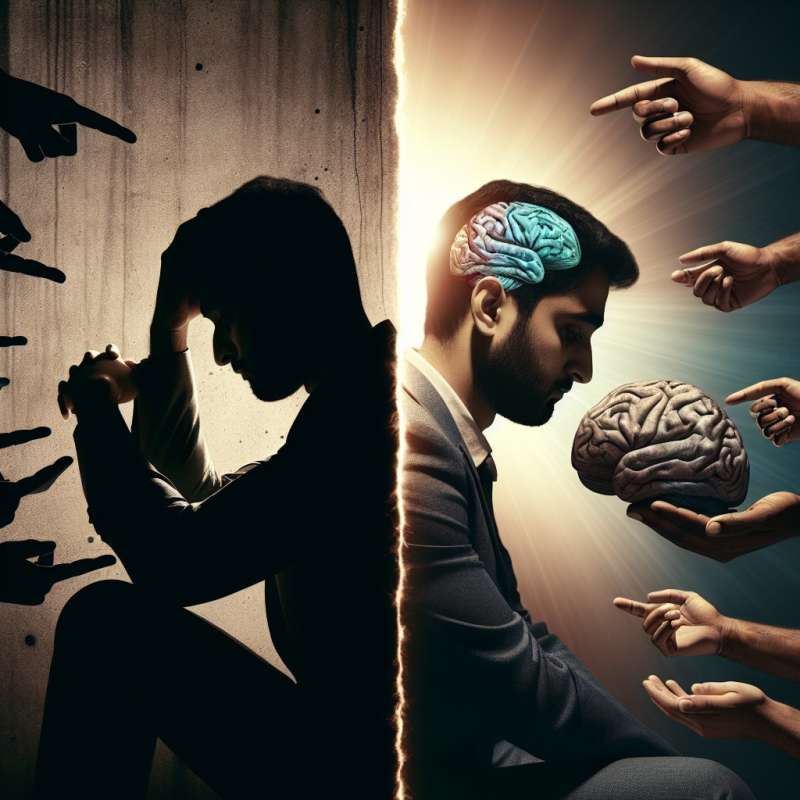
Defining Mental Health Disorders
Mental health disorders encompass a range of psychological conditions affecting mood, thinking, and behavior. These may disrupt daily functioning and are recognized by patterns deviating from societal norms and personal distress.
Common Disorders Categories
Disorders are categorized broadly: Anxiety Disorders, Mood Disorders, Schizophrenia/Psychotic Disorders, Dementias, and Eating Disorders. Each has unique symptoms and impacts on life, requiring specific treatments.
Biopsychosocial Model
The biopsychosocial model suggests that disorders result from a complex blend of biological, psychological, and social factors. This model highlights the importance of a holistic approach to treatment.
Stigma and Misconceptions
Despite advancements, stigma persists. Many believe disorders signify weakness or are imaginary. In reality, they have tangible neurobiological foundations and are as critical as physical health issues.
Global Impact Statistics
Surprisingly, mental health disorders account for 13% of the global burden of disease. Depression alone is a leading cause of disability worldwide, affecting over 264 million people.
Treatment Evolution
Treatments have evolved from confinement to psychotherapy and medications. Today, innovative therapies like virtual reality exposure and transcranial magnetic stimulation are gaining traction.
Prevention and Early Intervention
Early intervention can prevent severe impacts. Surprising approaches include urban design promoting social interaction and policies reducing childhood adversity, which may decrease disorder prevalence.
What disrupts daily functioning in mental disorders?
Deviating patterns and personal distress
Societal norms alignment
Biological factors only
Company